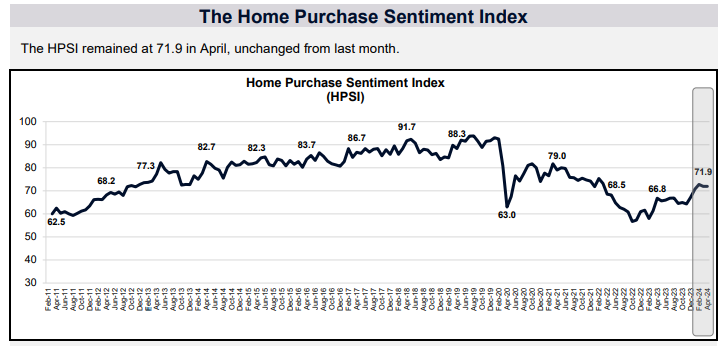Advertisement
AEI Warns of Dodd-Frank-Related Threats to Community Banking

The American Enterprise Institute (AEI) released a research paper that warns the 2010 Dodd-Frank Act threatens the community bank model. Its authors, Tanya D. Marsh and Joseph W. Norman, conclude in the paper that while Dodd-Frank was intended to protect consumers and the stability of the financial system, the law exacerbates the competitive advantages held by the largest banks. “The act will force greater asset consolidation in fewer megabanks by increasing the competitive advantage large banks have over smaller banks,” the authors wrote.
The paper found that if the community bank model were broken or if community banks were to abandon certain lines of service, small businesses and individuals who don’t fit into standardized financial modeling and those who live outside metropolitan areas will find it more difficult to obtain credit. Approximately 16 million people would be affected, the paper states. And because community banks play a vital role in the nation’s economy, especially when it comes to rural communities and small businesses, their continued health is vital to the nation’s economic recovery.
Wednesday, during a Capitol Hill briefing on the research paper, Marsh described the Dodd-Frank Act as a well-meaning attempt to deal with the perceived problems that led to the financial crisis, but argued that the net effect of the act is a “federal regulatory system that is fundamentally flawed and is having unintended consequences on community banks.”
The major flaw of the Dodd-Frank Act, Marsh said, is that the law treats community banks with $165 million in assets the same as banks like JP Morgan Chase, which is the nation’s largest bank with $2.1 trillion in assets. “These two categories of institutions may both take deposits and make loans but the similarities end there,” Marsh said. “It’s simply not a principled policy choice to regulate them both under a one-size-fits-all approach.”
About the author





